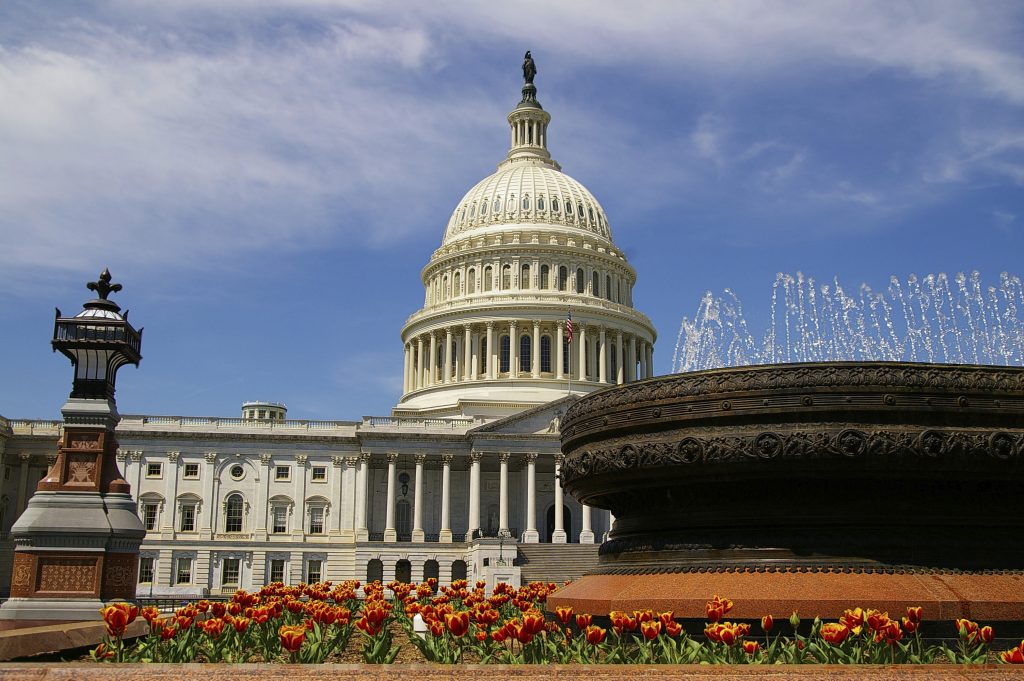Modernizing the Copyright Office is Important for Creators, Consumers, and the American Economy
Today, Representatives Marino and Chu released a draft proposal to begin a conversation about modernizing the Copyright Office. This conversation is tremendously important to creators and copyright holders, of course, but you may not realize how important it also is to the public and the US economy writ large. Copyright is a significant driver of our nation’s innovation economy and the Copyright Office is integral to ensuring that copyright law continues to serve and support American creativity effectively.
The Copyright Office administers aspects of the copyright law, provides expert advice on copyright to the Congress, and provides information and assistance to federal agencies and departments on domestic and international copyright matters. The Office does this in parallel with the copyright work of the Patent and Trademark Office, which serves a distinct and important function as part of the Administration.
The Copyright Office currently resides in the Library of Congress, and various Librarians of Congress, including Dr. Billington, have been good stewards over the years. But the core copyright industries—those primarily engaged in creating, producing, distributing, and exhibiting copyrighted works—now contribute more than $1 trillion to the country’s GDP, represent 6.7 percent of the U.S. economy, and are responsible for 5.5 million jobs, according to a recent study by the International Intellectual Property Alliance. And the rise of the digital economy has only helped fuel the growth of copyright as a key pillar of our nation’s cultural and economic prosperity — which means the demands on the Copyright Office are increasing in both complexity and importance. Giving the Copyright Office better tools and a more autonomous voice would put it in a better position to rise to the challenges of a dynamic and ever-growing creative marketplace.
There are a lot of disagreements among those who have an interest in copyright reform, but almost everyone agrees on the critical need for a 21st century Copyright Office. We applaud Reps. Marino and Chu for their focus on this important issue. We look forward to a close review of their proposal and to working productively with Congress to achieve meaningful changes that will benefit rightsholders, audiences, Congress, and the cultural and economic prosperity of the nation as a whole.


